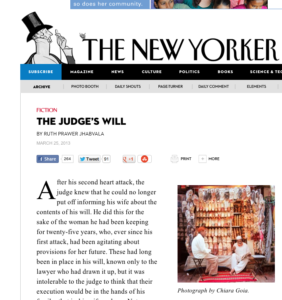This is an extraordinary story, and the one that sky-rocketed Guy de Maupassant to literary stardom. I can see why.
Unlike many stories written in the later 19th Century I found this one immensely accessible. The language was vivid yet not convoluted (perhaps because it has been tranlated from the original French?) and the characters intense and vivid.
It is set during the Franco-Prussian war (and if you don’t know much European history, the lively description of the occupation of French towns by the German armies in the 1800s does a lot to set the stage for what happened during the two world wars at the start of the 20th century).
The story has a longer set-up than modern stories tend to. The author spends a lot of time setting the scene before what we would call ‘the inciting incident’ that gets the story underway, but somehow it doesn’t drag. It is fascinating and descriptive and energetic and I couldn’t stop reading, even though I had no idea yet who the main characters were going to be or what the story was ‘about’.
When things do get rolling (literally) we embark on a long carriage ride with an unlikely group of companions who are thrown together by their desire to escape their occupied town and their wealth, which gives them the means to do so. Wealth, of course, is no indicator of social class and de Maupassant populates the carriage with a fascinating bunch of characters. Yes, they are largely stereotypes (much as the characters in Dickens often are) but they each have enough color to make it seem possible they might actually be real.
The story crests along with false starts and it teases us that things are going to turn out one way until we reach a point of no return. Now all that scene-setting and character-building de Mauppassant has been doing finally pays off as the story slides to its inevitable conclusion. The masterful part is that, like someone watching a mudslide or avalanche engulf a pretty mountain village, the reader can’t help but root for a miraculous change of course.

